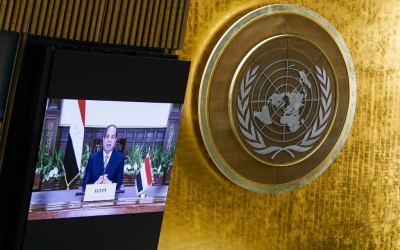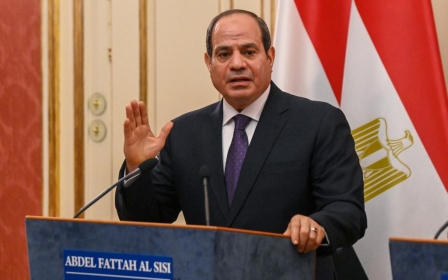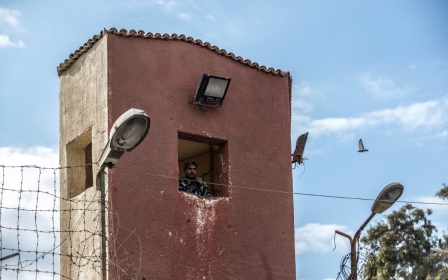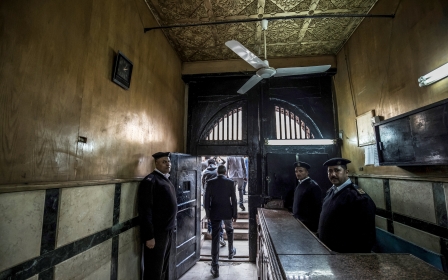Egypt: Daughter of exiled Muslim Brotherhood spiritual leader released from prison
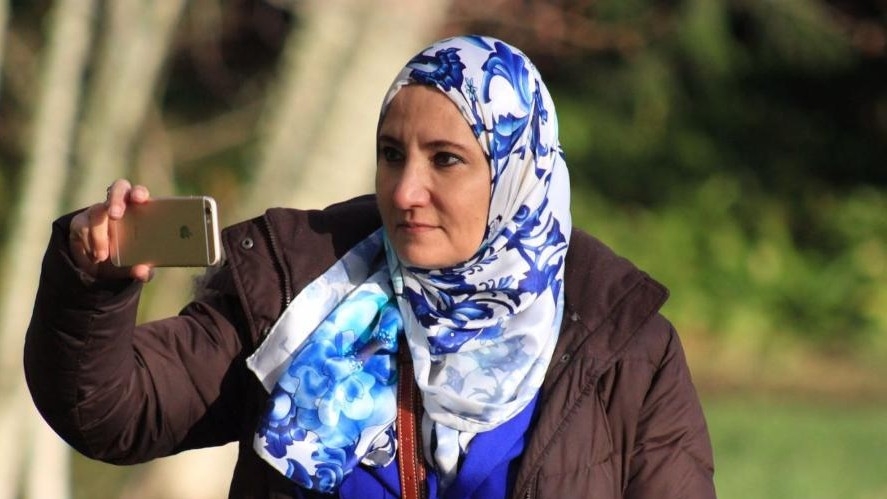
Egyptian authorities on Friday released Ola al-Qaradawi, the daughter of Qatar-based preacher and Muslim Brotherhood spiritual leader Yousef al-Qaradawi, after four years of pre-trial detention, several sources said.
An Egyptian official and figures close to the Brotherhood confirmed on social media that Qaradawi is now free.
Qaradawi was arrested with her husband Hosam Khalaf on 30 June 2017, shortly after Egypt, the United Arab Emirates (UAE) and Bahrain joined Saudi Arabia in a diplomatic and economic blockade of Qatar.
Khalaf and Qaradawi were accused of links to the Muslim Brotherhood, which Egypt banned and branded as a "terrorist organisation" in 2013, months after late president Mohamed Morsi was ousted from power by the military.
Qaradawi, 60, has denied having any political links and said that she was arrested for being the daughter of Yousef al-Qaradawi, the exiled Brotherhood figure.
Qaradawi has spent more than four years in pre-trial detention, a measure that allows authorities to imprison suspects for as long as two years without official charges or pending investigation. The practice has been strongly condemned by rights groups, which estimate that more than 60,000 political prisoners are being held in Egypt.
Although an Egyptian court had granted Qaradawi a conditional release after two years of pre-trial imprisonment, authorities issued another two-year pre-trial sentence against her in the summer of 2019.
She is accused of communicating with and facilitating support for a terrorist group while in jail. Qaradawi was held in solitary confinement under dire conditions for much of her detention.
Egypt has been repeatedly accused of failing to provide adequate access to medical care to detainees in its prisons.
On Thursday, Hisham al-Qadi Hanafi, a former Egyptian lawmaker with the Muslim Brotherhood, died in Cairo's notorious maximum-security Scorpion Prison, or al-Aqrab, due to medical negligence.
Last week, Mahmoud Ezzat, the former acting leader of the Muslim Brotherhood, criticised the conditions of his detention in a rare court appearance.
Ezzat, 77, was heard complaining to the judge about his solitary confinement cell at the Scorpion Prison.
He said that throughout the 16 months of his detention, "the cell is only opened for seconds every day to deliver my food" and that "some food is thrown to me from the door vent, without bothering to even open the cell's door to hand the food to me".
Morsi, Egypt's first democratically elected president, suffered from poor health during his five years of detention before collapsing in court and dying in June 2019.
Middle East Eye delivers independent and unrivalled coverage and analysis of the Middle East, North Africa and beyond. To learn more about republishing this content and the associated fees, please fill out this form. More about MEE can be found here.


